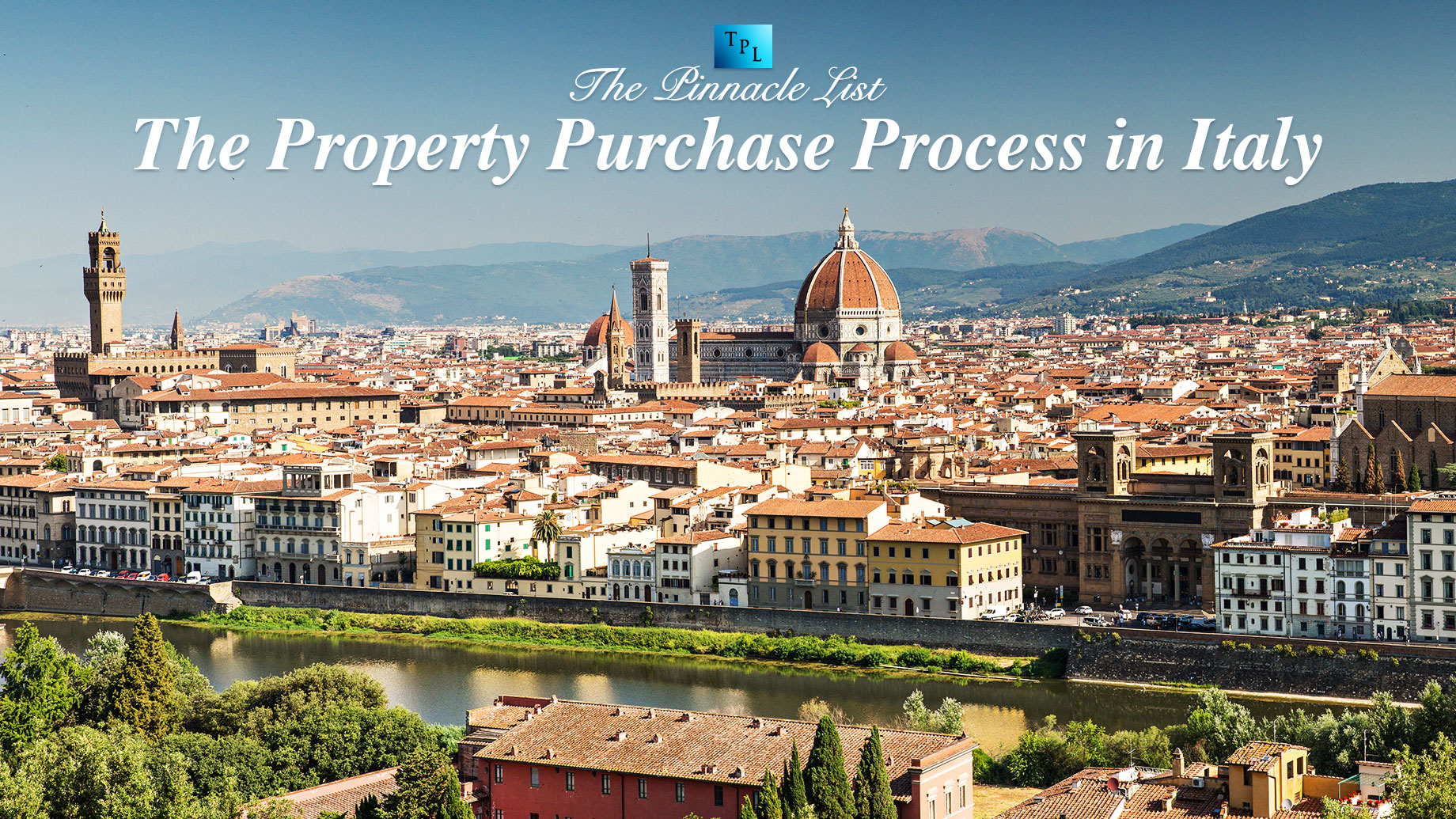
The journey to owning property in Italy is a unique adventure, filled with cultural nuances and intricate legalities. This article aims to shed light on the critical aspects of navigating the Italian real estate market, particularly for foreign buyers.
Key Takeaways:
- The Italian real estate market is less transparent and more time-consuming compared to other European countries.
- Local networks and off-market opportunities are key to finding the best properties, especially in regions like Tuscany.
- Prices can often be negotiated down by 10-15%.
- The role of notaries is crucial in the Italian property buying process, especially in providing the Deed of Provenance and drafting essential contracts.
- Understanding the role of the geometra (technical surveyor) is vital for assessing property risks.
Navigating the Italian Property Market
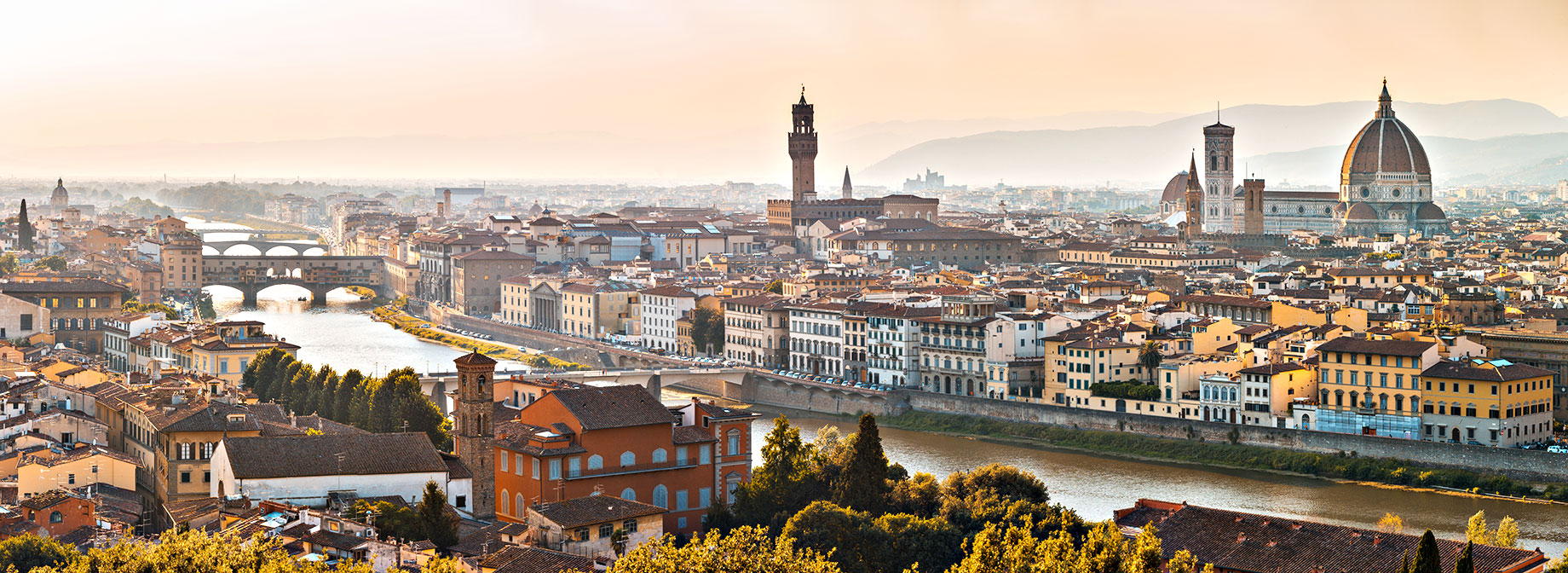
In the heart of Italy, cities like Florence not only exemplify the distinctively conservative nature of the Italian real estate scene, but also serve as a vibrant hub for luxury fashion boutiques. Renowned brands such as Gucci, Versace, and Chanel have established their presence in these iconic locations, adding to the allure and prestige of the area. With its unique characteristics and traditions, Italy, particularly in popular regions like Tuscany, offers a real estate market that relies heavily on personal networks and local insights. This often leads to valuable off-market transactions.
Challenges in the Italian Real Estate Process
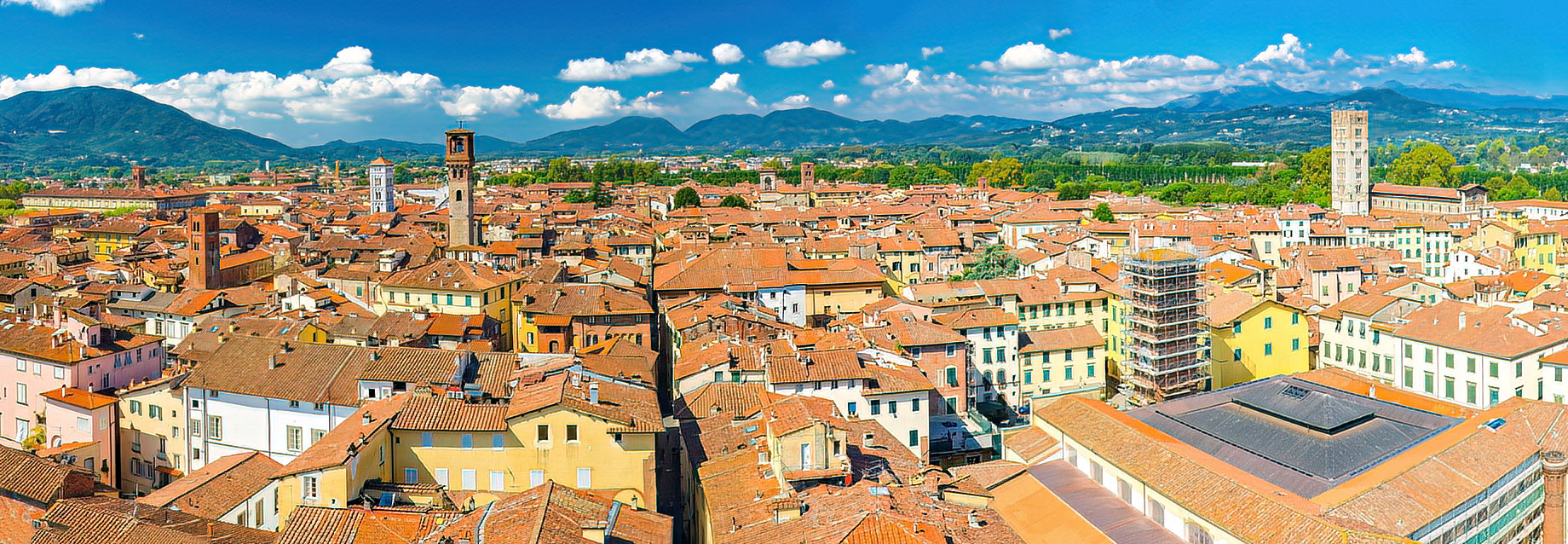
The journey of buying property in Italy, as seen in the historic city of Lucca, can be notably slower than in other European countries. This is largely due to a lack of digitalization in sectors like real estate. Physical visits to notary offices are still a standard requirement, and the absence of online data transparency adds to the process’s duration. Additionally, buyers should expect to engage in negotiations, as property prices often have a margin for reduction.
The Foreign Buyer’s Path in Italy
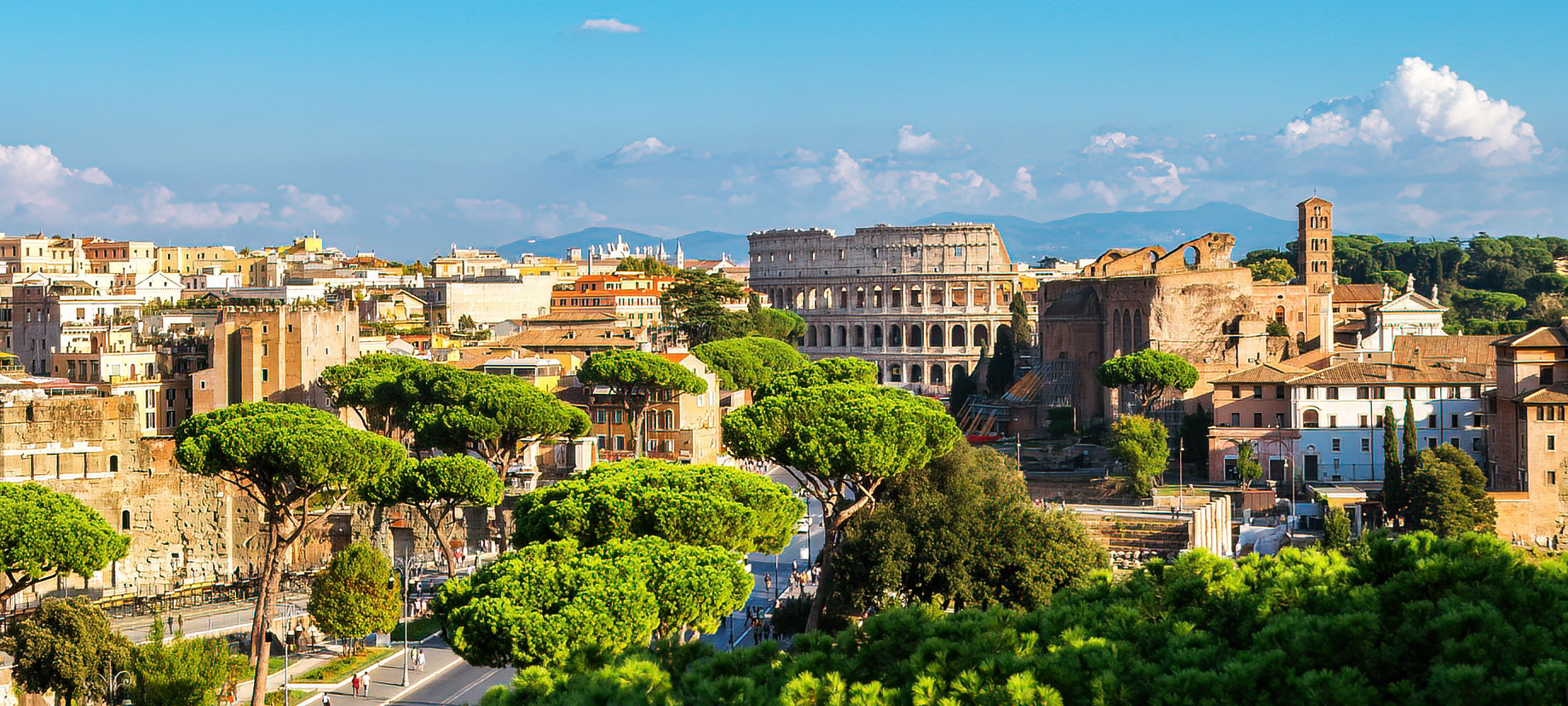
The journey for international buyers in Italy varies by region. In cities like Rome, a higher concentration of agencies leads to more streamlined transactions. In contrast, areas like Tuscany, with their sprawling properties, present a more challenging market due to slower information flow. Buyers are encouraged to seek local agencies for in-depth market insights.
Essential Steps in Acquiring Italian Property
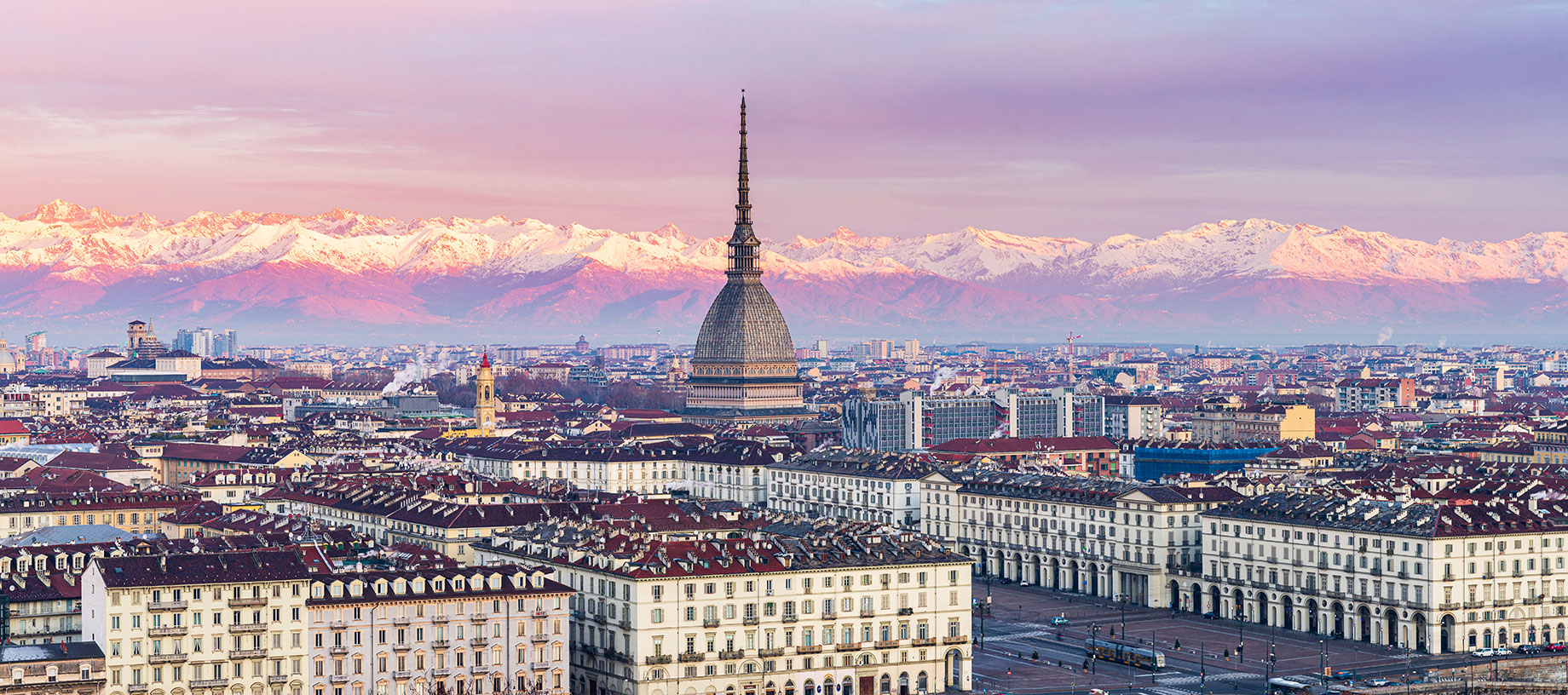
Prospective buyers should be prepared for a complex negotiation stage, even in a city like Turin, known for its blend of history and modernity, as listing prices in Italy can often be negotiated down. Unlike some countries, Italy lacks legally defined steps for this stage, making the initial negotiations critical. Additionally, local sellers may have preferences for payment methods, like direct account deposits, and may share less information about properties.
Importance of Documentation and Contracts

In the Italian property market, including financial hubs like Milan, notaries play a pivotal role. They are instrumental in checking property titles, providing necessary documents, and drafting the compromesso (preliminary sales contract) and final deed. Understanding the Deed of Provenance is crucial, as it certifies the legality of the property transfer.
Key Steps in the Italian Property Buying Process
- Obtain a Tax Code (Codice Fiscale).
- Open an Italian Bank Account with professional assistance.
- Engage in price negotiations.
- Sign the Compromesso to define conditions for the final deed.
- Place a Notary Deposit, typically 10% of the price, in an escrow account.
- Conduct Due Diligence, with the notary providing the Deed of Provenance.
- Perform a Technical Survey by a geometra.
- Assess risks through solicitors’ analysis.
- Sign the Final Deed, completing financial transactions and formalities.
Significance of the Compromesso

The compromesso is a crucial document that outlines conditions necessary for the final deed signing. It’s made after due diligence checks and identifies any risks associated with the property, which is mandatory, and especially crucial that you demand accuracy in heritage-rich cities like Siena, where ancient infrastructure needs special attention. A deposit placed at this stage is released only upon fulfillment of these conditions.
Role of Geometra in Property Evaluation
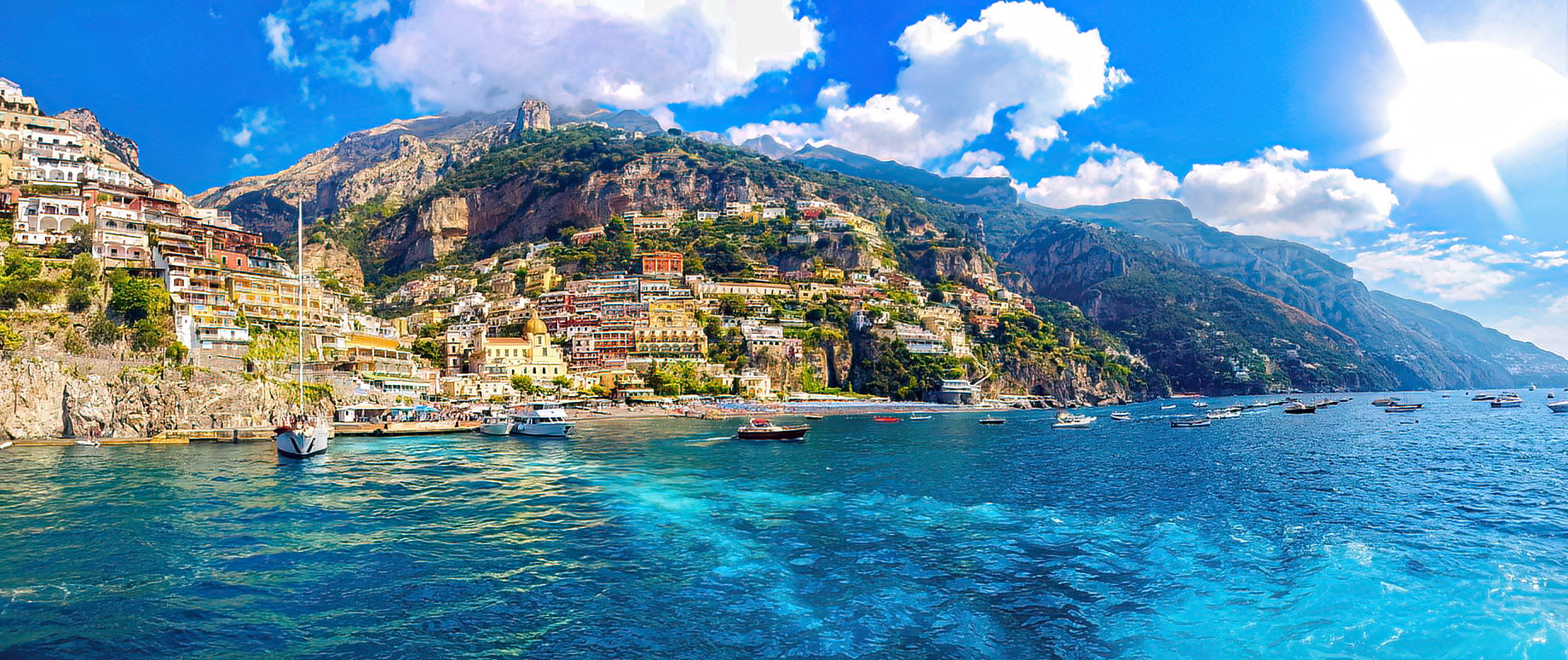
The geometra plays a critical role in assessing various property aspects, such as energy certificates, cadastral registrations, and building permits. This technical survey is indispensable in Italy, such as in locations like Positano on the Amalfi Coast – a picturesque region that requires a local geometra specialized in the location’s unique building style, ensuring a comprehensive risk assessment of property integrity.
Requirements for Foreign Buyers
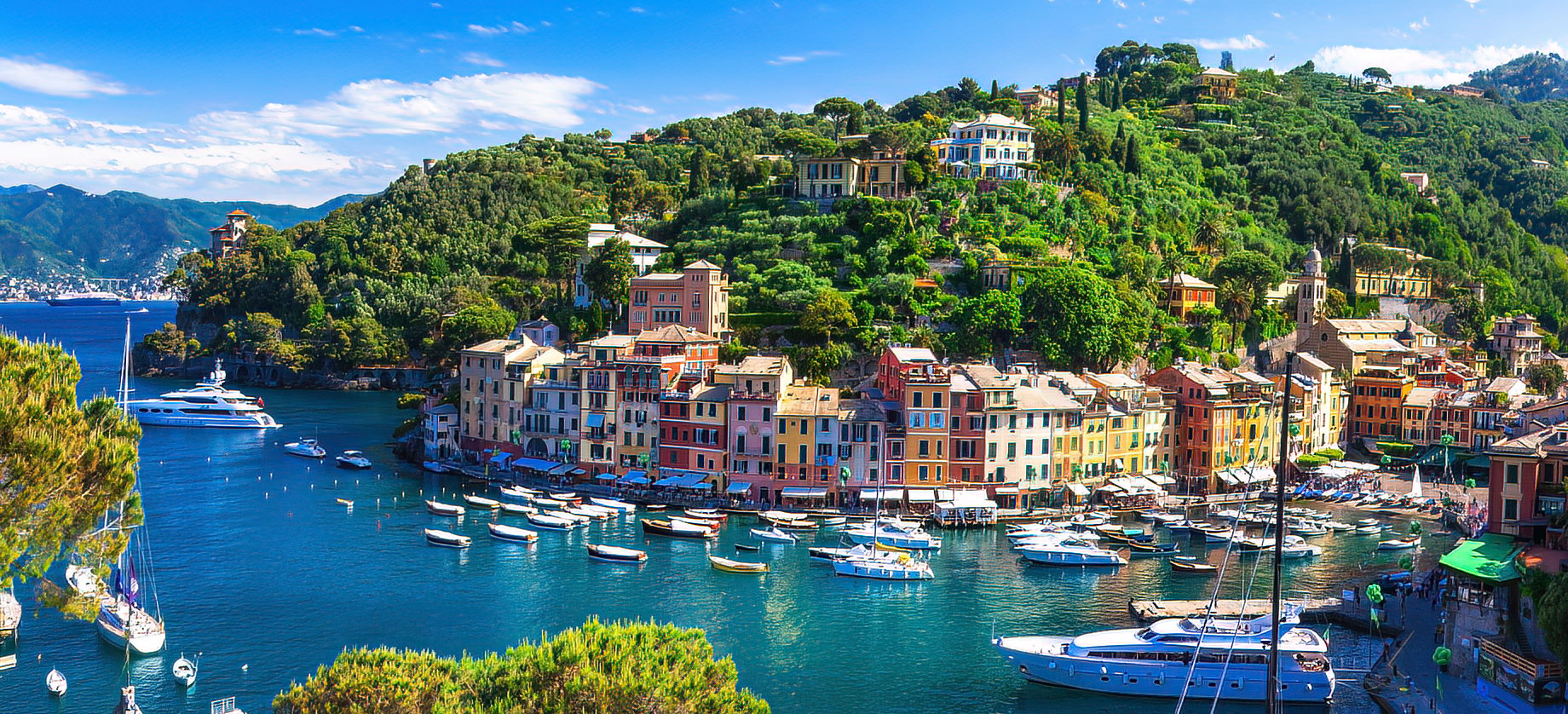
Foreign buyers in Italy face certain processes, like obtaining a Tax Code (Codice Fiscale), but the market does not pose significant entry barriers, even in exclusive areas like Portofino. Challenges mainly arise from cultural differences and understanding the local market nuances.
FAQs on Buying Property in Italy
- Do I need to be a resident to buy property in Italy?
- No, you don’t need to be a resident to purchase property in Italy. However, non-residents may face different tax implications and might need to comply with specific regulations.
- What is a Codice Fiscale, and why do I need it?
- A Codice Fiscale is an Italian tax code, similar to a Social Security number in the U.S. It’s required for all property transactions and other legal affairs in Italy, including opening a bank account.
- How important is it to have a local real estate agent?
- Having a local agent is highly beneficial. They have in-depth knowledge of the market, access to local listings, including off-market properties, and can navigate the cultural and legal nuances effectively.
- Can I negotiate the listed price of a property in Italy?
- Yes, it’s common to negotiate property prices in Italy. Often, you can expect to negotiate down by 10-15% of the listed price.
- What role does a notary play in the property-buying process?
- The notary in Italy plays a crucial role, responsible for verifying legal documents, ensuring the legitimacy of the property transfer, and drafting the compromesso and final deed.
- What is a compromesso?
- The compromesso is a preliminary sales contract that outlines the terms and conditions for the final sale. It’s a critical step where due diligence is performed, and a deposit is usually placed in escrow.
- Are there any specific legal checks I should be aware of?
- Yes, it’s important to conduct due diligence on the property, including checks on property titles, zoning laws, building permits, and any outstanding mortgages or liens.
- What are the typical fees and taxes associated with buying property in Italy?
- Buyers should account for various costs, including notary fees, agency commissions, property taxes, and legal fees. These can vary based on the property’s location and value.
- How does the process differ for buying a new property versus an old one?
- Buying a new property might involve dealing with developers and understanding warranty terms. For older properties, it’s crucial to check the structural integrity and compliance with current building codes.
- What should I consider when buying property in a rural area like Tuscany?
- When buying in rural areas, consider factors like access to amenities, the condition of the property, and local land use regulations. It’s also important to understand the local market and cultural aspects.
Embracing the Italian Property Dream
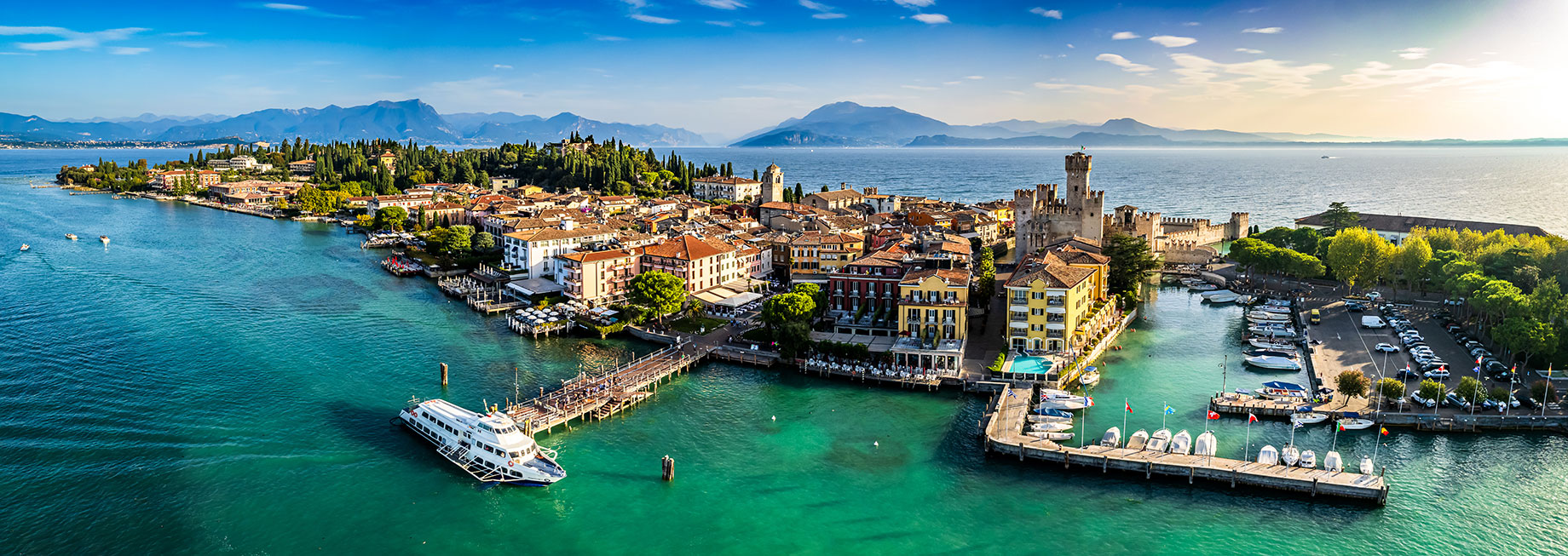
This overview provides a glimpse into the complex yet rewarding process of buying property in Italy – a journey that demands a keen understanding of the market’s unique characteristics.
Prospective buyers should approach this venture with a blend of practicality and enthusiasm. Understanding the significance of local networks, the indispensable role of notaries and geometras, and the nuances of negotiation in the Italian market are key to making informed decisions. Remember, the Italian property landscape is as varied as its regions, offering everything from bustling urban apartments in Rome to serene farmhouses in Tuscany.
By arming yourself with knowledge, engaging with trusted professionals, and respecting the local customs and regulations, you can turn the dream of owning a piece of Italy into a reality. Whether it’s a holiday retreat, a permanent residence, or an investment property, Italy offers a wealth of opportunities for those willing to embark on this exciting journey.
Embrace the adventure with confidence and anticipation, and let Italy welcome you to a world where history, style, and the sweet life (la dolce vita) converge. Buona fortuna (good luck) in your quest to find that perfect Italian home!
